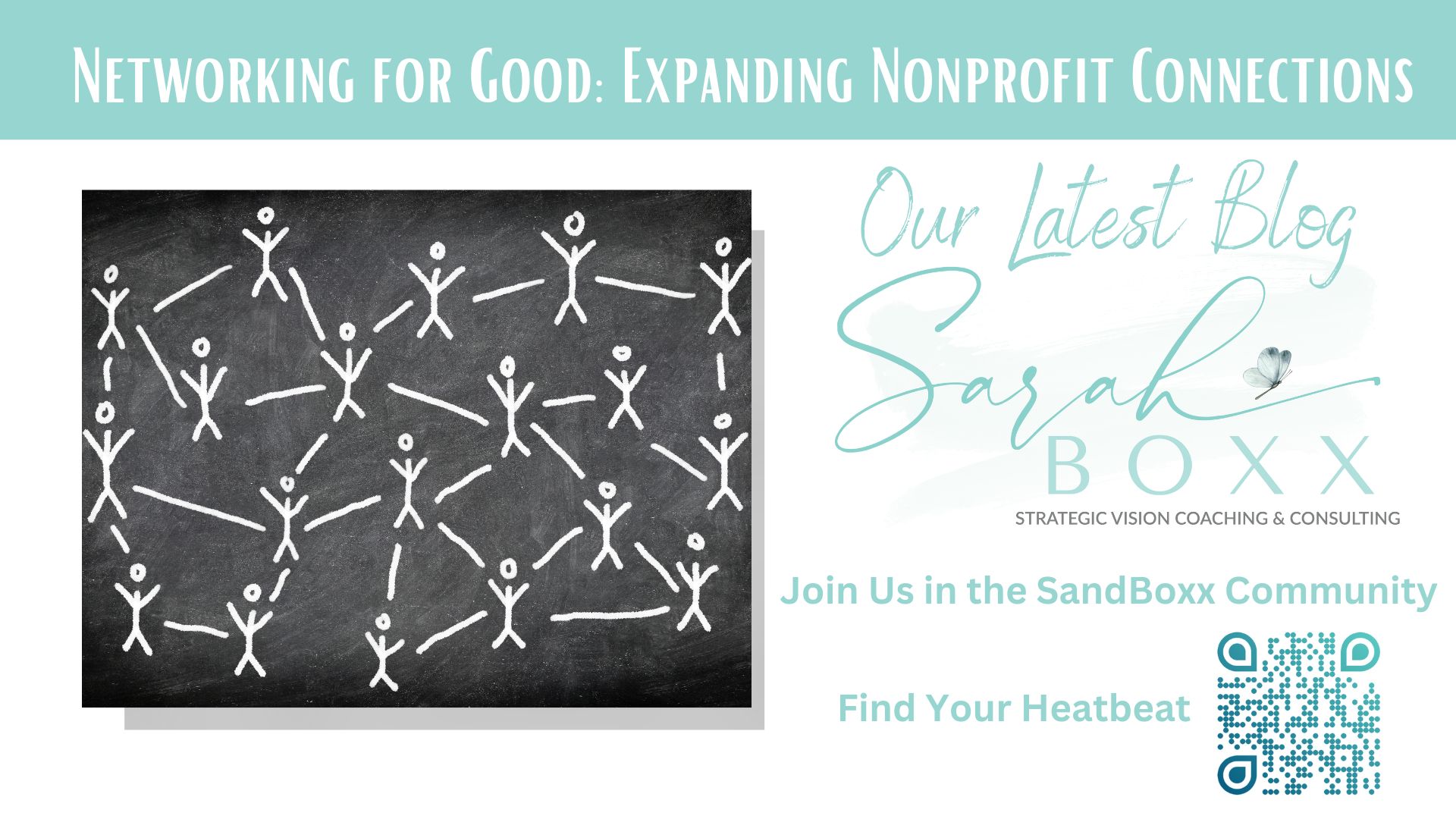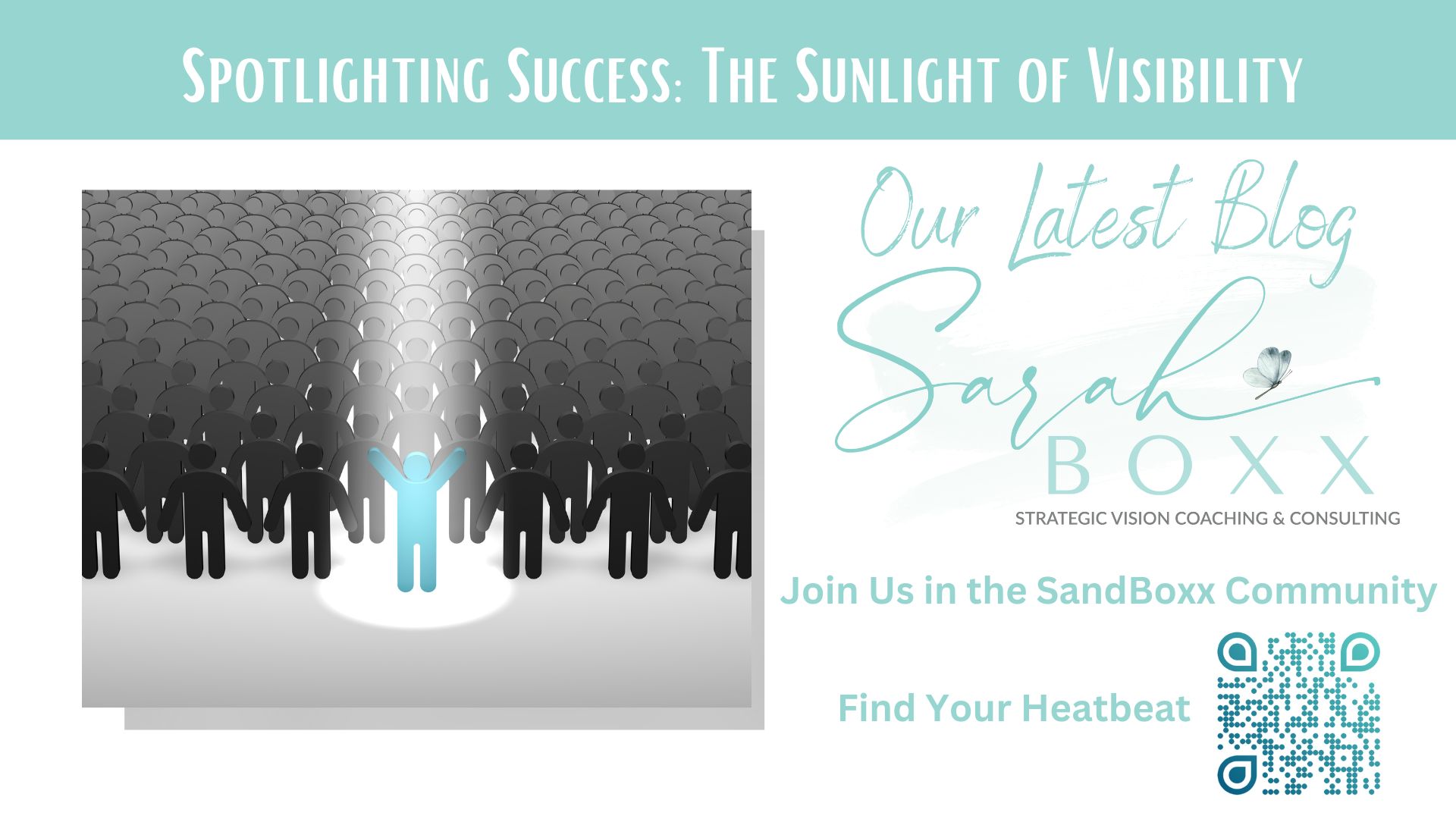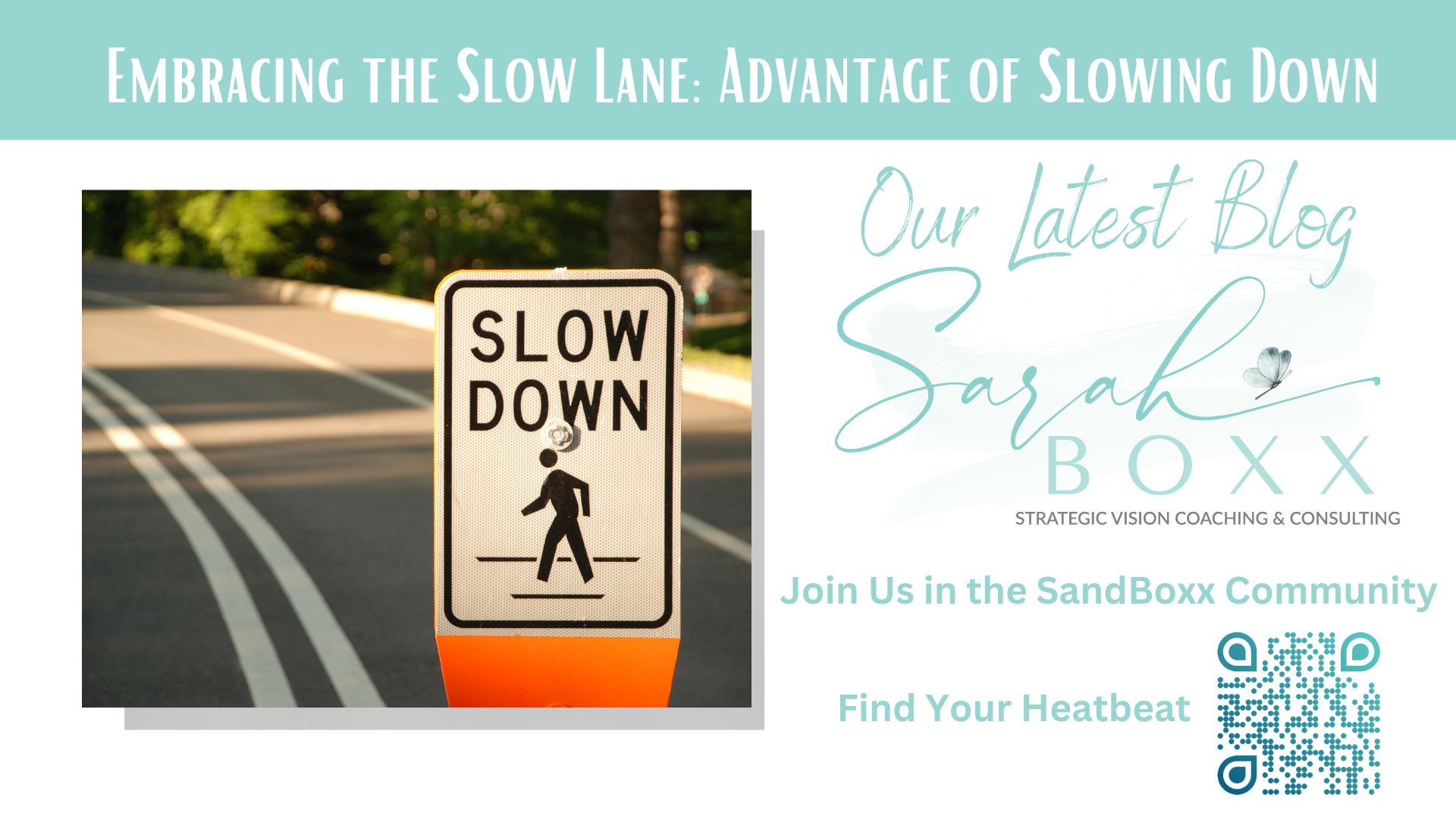“We are all storytellers. We all live in a network of stories. There isn’t a stronger connection between people than storytelling.”
Jane Neil Smith
Stories have power.
They are an integral part of how we connect with other human beings, how we learn, experience the world, and share ourselves with others.
When it comes to running a successful nonprofit or organization, storytelling has an important role to play, particularly if you work in an industry that involves or serves people.
(Hint: that’s almost every organization to some capacity.)
As I mentioned in my previous blog post, What Is Heart-Centered Storytelling? storytelling allows you as an organization an opportunity to connect with your audience (community members, donors, board members, etc.) and to share your work and mission in a relevant and meaningful way.
Why is this important?
Your work relies on people. People want to feel understood and connected to something or someone? Truly connect with the people, accomplish more as an organization. It’s pretty straightforward.
Heart-centered storytelling is a strategy that allows you as an organization to effectively share how you understand at a deep level the needs, struggles, desires, etc. of your audience and your plan for addressing those needs and desires. It allows you to invite your audience to participate in your work to a greater extent.
Maybe you’re saying to yourself, “Heart-centered storytelling sounds like an important practice…but HOW do I actually use this strategy?”
When it comes to crafting a message using a heart-centered storytelling approach, there are a few key pieces to keep in mind:
- Know Your Audience
This may sound obvious, but it’s critically important when it comes to effective communication and messaging. You must be crystal clear on WHO you are speaking to. When it comes to defining your audience, it can be helpful to ask yourself:
-
- How is my audience connected to the work of our organization?
- What are their primary concerns?
- What are their goals? Personally? Professionally?
- What motivates them?
The better you know your audience, the more effective your communication will be.
- Know Your Message
Understanding your message can be broken down into two critical components:
-
- WHAT are you trying to say?
This is your content. In other words, the nuts and bolts of your communication. Whether you are creating a video to share with potential donors or an email newsletter for your board members, it’s important to take time to outline (in detail) what information you are trying to communicate.
Yes, I am suggesting that you go “old-school writing class” and create an outline before your write, speak, or videotape. Even the most experienced writers and communicators will benefit from pre-planning their messaging.
Why?
Planning your content before you create it will help prevent rambling messages or forgotten details.
- WHAT are you trying to say?
-
- WHY are you choosing to say it?
Before creating or sharing any message, it’s important to define your purpose in communicating. If you are planning to send an email newsletter, ask yourself:
- WHY are you choosing to say it?
“Why am I sending this? What am I hoping to achieve? What is the desired response?”
Perhaps the purpose of your communication is simply to inform your audience, to share important facts, information or updates. Maybe your goal is to persuade your audience to do, share, or give something that may benefit your overall work.
Understanding the unique purpose of each piece of communication will enable you to craft a message that targets your unique goals.
Heart-centered storytelling is a craft that takes time and practice to develop. BUT – it can be incredibly effective in helping you and your organization connect with your audience in a way that helps you both achieve your goals.
If you are interested in learning more about how to put this valuable messaging practice into effect in your organization, click HERE to learn more about my upcoming Heart-Centered Storytelling workshop with the Emmy Award-winning Ken Fay.
Article was contributed by: Maria Lees, Team Writer with Sarah Boxx




